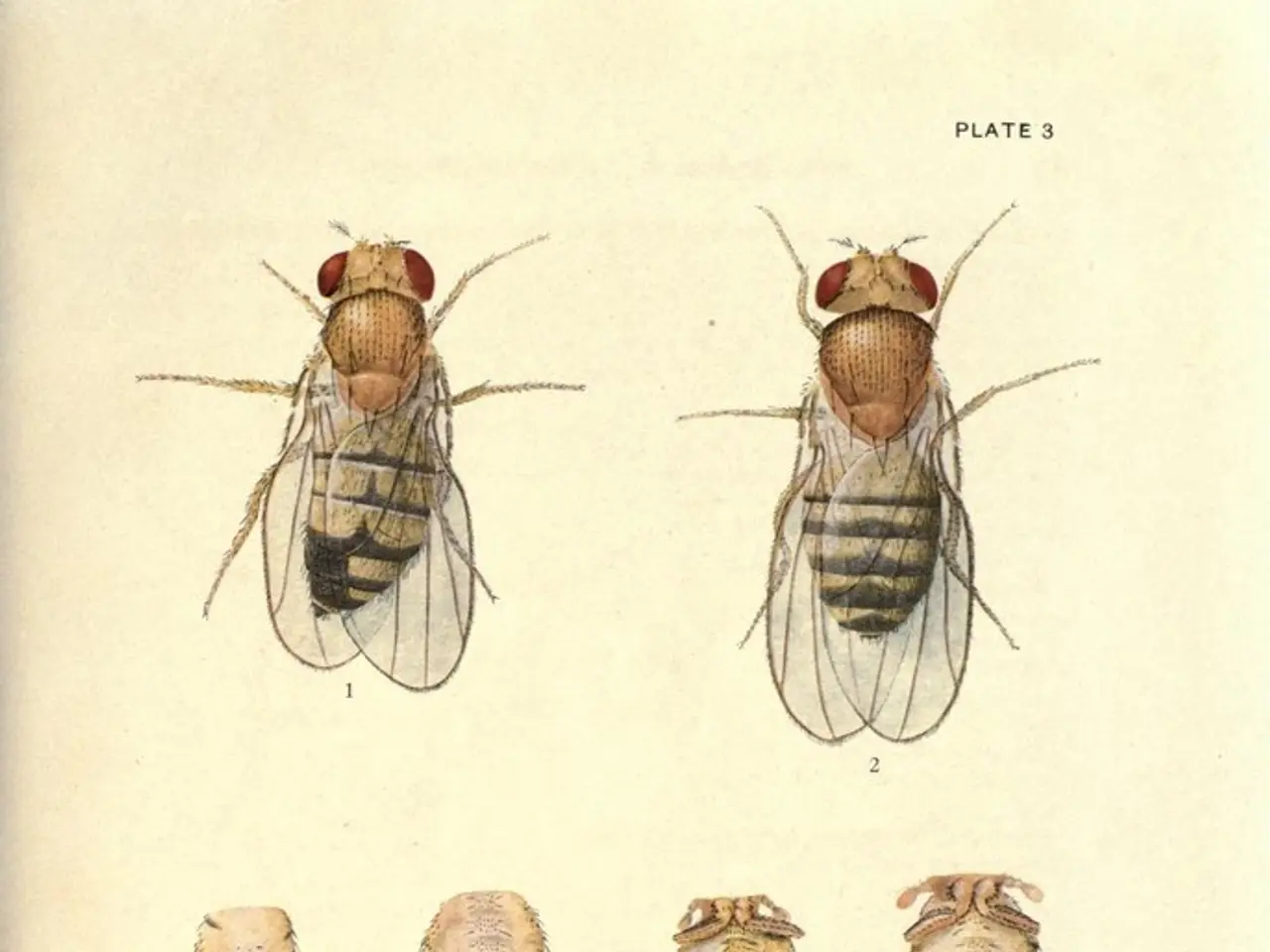Sleep-Deprived Honeybees Struggle to Communicate, Study Finds
A study by biologist Calvin Klein, published in 2010, revealed that sleep-deprived honeybees struggle to communicate vital information about food sources and potential nest sites. This research sheds light on the importance of sleep for these insects and highlights the similarities between their sleep patterns and those of mammals.
Klein's study, titled 'Sleep Deprivation Impairs Honeybee Communication', demonstrated that bees that didn't get enough rest performed less detailed dances, indicating reduced communication efficiency. This is significant as bees use dances to inform their colony about food sources and potential nest sites.
The experiment used a device called the 'insominator' to disturb the sleep of tagged bees, while their nestmates remained well-rested. This allowed Klein to compare the communication skills of sleep-deprived bees with those of their rested counterparts. The results showed a clear correlation between adequate sleep and effective communication in honeybees.
The study also highlights the prevalence of sleep-like behaviors among insects. From fruit flies to paper wasps, many insects exhibit signs of sleep, such as lack of movement, drooping, and relaxed muscles. However, measuring sleep in insects can be challenging due to the difficulty in differentiating between sleep and sleep-like states.
Calvin Klein's 2010 study underscores the critical role of sleep in honeybee communication. By demonstrating the impact of sleep deprivation on these insects, the research provides valuable insights into the importance of sleep for all animals, including humans. Further research in this area could help us better understand the fundamental needs of bees and other insects, and potentially inform our own understanding of sleep.
Read also:
- Comprehensive Overview of Addressing Traumatic Brain Injuries (TBIs)
- Enhanced Health Services Provisioned by San Diego Academic Health Partnership Continues During COVID-19 and Beyond
- Vaccination drive targeting infants under 6 months old against bronchiolitis in the region of Andalucia
- Biopsy Basics: Objectives, Varieties, and Potential Hazards - Healthline Illuminated






